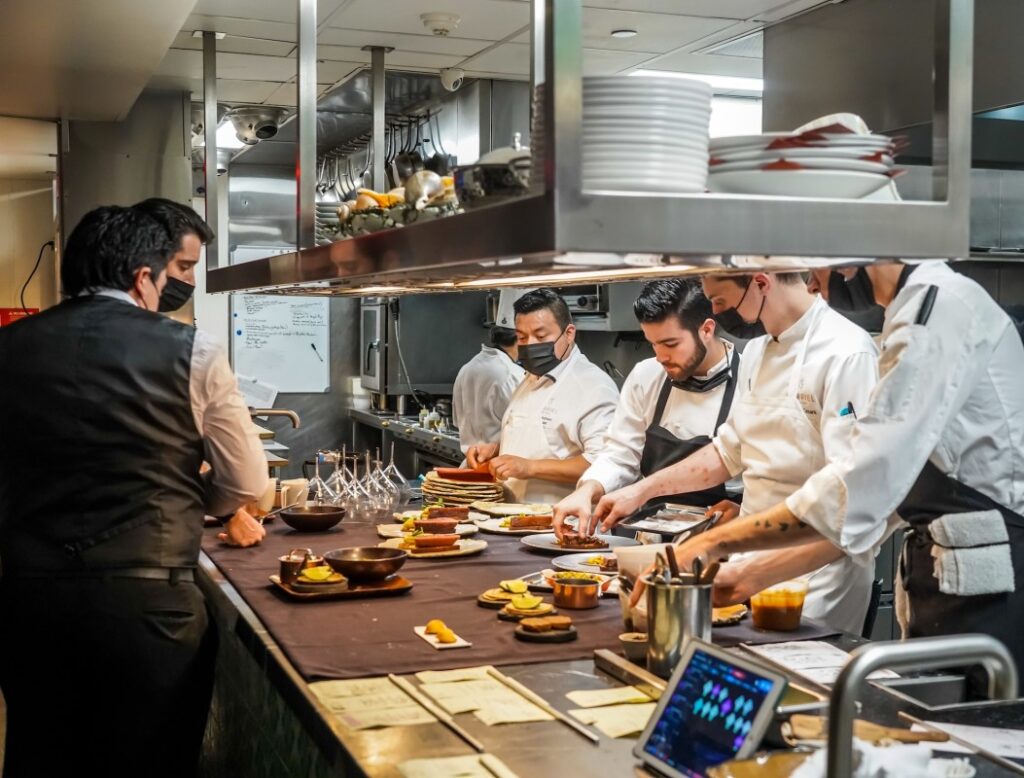Nothing is worse than wanting to purchase a good or service for an advertised amount that fits your initial budget, but upon completing the transaction, the final checkout price is far higher than the one initially advertised, completely throwing off your finances.
💰💸 Don’t miss the move: SIGN UP for TheStreet’s FREE Daily newsletter 💰💸
Unfortunately, this occurrence is not rare. For decades, businesses have gotten away with charging extra fees that they deceitfully forget to openly disclose to consumers, surprising them with the undisclosed charges right before the purchase is actually made.
Related: Popular delivery service settles FTC complaint over controversial issues
In 2022, President Joe Biden pressed federal agencies to crack down on junk fees to fulfill his consumer protection agenda and increase economic competition. Since then, various rules have been proposed, states have taken action, and businesses have even begun changing their policies in response.
Shutterstock
The FTC reaches a final ruling on ‘junk fees’, restaurants are relieved by the outcome
In 2023, the Federal Trade Commission (FTC) proposed banning “junk fees” to address unfair or deceptive practices involving extra fees and charges.
On Tuesday, the FTC reached a final ruling and announced that it would exclude restaurant fees from its “junk fees” ban. This means that fees for service, delivery, credit card surcharges, and any specific pricing strategies will not be included in the final ruling. Instead, the disclosure of fees in the total price will be required.
“The FTC heard us loud and clear. Today’s successful outcome is a direct result of the concerted efforts of thousands of restaurant operators who voiced their concerns to the FTC and lawmakers on Capitol Hill,” said National Restaurant Association President & CEO Michelle Korsmo in a press release.
Related: McDonald’s quietly launches new concept fans will love
Due to restaurants being excluded from this rule, the ban now focuses on live event tickets and short-term lodging. However, it still doesn’t prohibit businesses from adding fees or limiting the amount of fees they can charge as long as they are all fully disclosed on the final price.
The state of the restaurant industry and how the final ruling will affect it
The restaurant industry has struggled to recover from the COVID-19 pandemic due to labor changes and inflation, which have prompted consumers to become more value-conscious.
According to the 2024 State of the Restaurant Industry report by the National Restaurant Association (NRA), 98% of operators say higher labor costs are an issue for their restaurants, 97% cite higher food costs, and 38% say their restaurants were not profitable last year.
More Retail News:
- KFC makes a major store change that will delight Gen Z
- Dying business sees hopeful resurrection after closures
- Amazon under investigation due to a concerning issue
These extra fees comprise around 10% of independent restaurants’ total income, which, if banned, would have caused a substantial financial burden on restaurant operators already struggling to keep their businesses afloat.
“The restaurant industry has faced economic and operational turmoil since the pandemic. The sweeping rule would have cost operators – who are already struggling with rising costs and labor challenges – upwards of $3.5 billion,” Korsmo said.
This final ruling has officially been approved and will go into effect within 120 days, becoming one of the first new laws to take action in 2025.
Related: The 10 best investing books (according to stock market pros)
